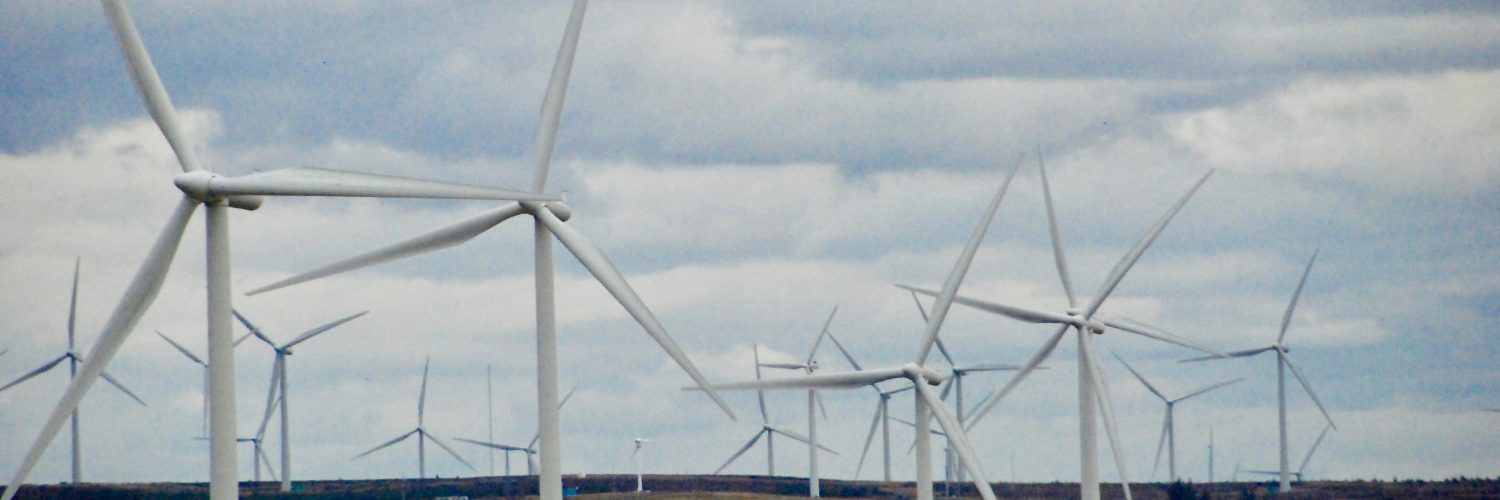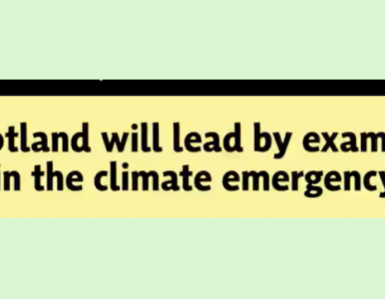May 1st was an Opposition Debate Day in the House of Commons and Jeremy Corbyn chose to lay a Motion on Climate Emergency Motion before the House. There was a debate which lasted approx five hours. At the end of that the Motion below was adopted without a division. Here is the Motion:
I beg to move, that this House
- declares an environment and climate emergency following the finding of the Inter-governmental Panel on Climate Change that to avoid a more than 1.5°C rise in global warming, global emissions would need to fall by around 45 per cent from 2010 levels by 2030, reaching net zero by around 2050;
- recognises the devastating impact that volatile and extreme weather will have on UK food production, water availability, public health and through flooding and wildfire damage;
- notes that the UK is currently missing almost all of its biodiversity targets, with an alarming trend in species decline, and that cuts of 50 per cent to the funding of Natural England are counterproductive to tackling those problems;
- calls on the Government to increase the ambition of the UK’s climate change targets under the Climate Change Act 2008 to achieve net zero emissions before 2050, to increase support for and set ambitious, short-term targets for the roll-out of renewable and low carbon energy and transport, and to move swiftly to capture economic opportunities and green jobs in the low carbon economy while managing risks for workers and communities currently reliant on carbon intensive sectors;
- and further calls on the Government to lay before the House within the next six months urgent proposals to restore the UK’s natural environment and to deliver a circular, zero waste economy.
What’s noticeable about Corbyn’s motion is its generality:
- The first point could have been laid before the House after the 2015 Paris IPCC was signed and ratified by UK, thus pledging our 1.55% of global emissions to the Agreement’s goals.
- the second point is just a statement that UK is not immune to rising global temperatures.
- the third point points out that we’re not achieving environmental goals without saying much about what we need to do to turn that around.
- the fourth point calls on UK to do a bit more than we pledged to do back in 2009, along with a bit of suggestion as to how to go about that.
- the fifth point is a very laudable call to restore UK’s natural environment, which is a sort of restatement of the third point, but without suggesting how.
- a final call to deliver a zero waste economy.
And who is going to disagree with all that? No-one. It was passed without a division. It was of course it’s very generality that enabled all MPs to accept it and resolve so to do. You can bet that had the Motion included specifics such as call for a legal ban on fracking, or a cut back on North Sea oil production, or a ban single-use plastics, or a big increase air tax duty, there would have a lot more disagreement and great many amendments and divisions.
I say that with some certainty because something like that did happen when the Scottish Parliament debated a Motion on Climate Emergency on 27 March in Holyrood. You probably won’t have heard about that because none of our UK media outlets bothered to give it many column inches.
Here is the Motion laid before Holyrood by the Scottish Green Party.
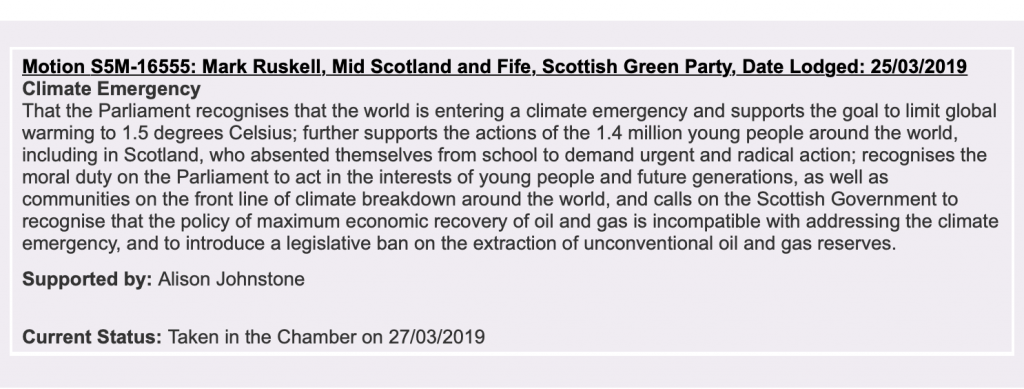
Here is how the voting went:
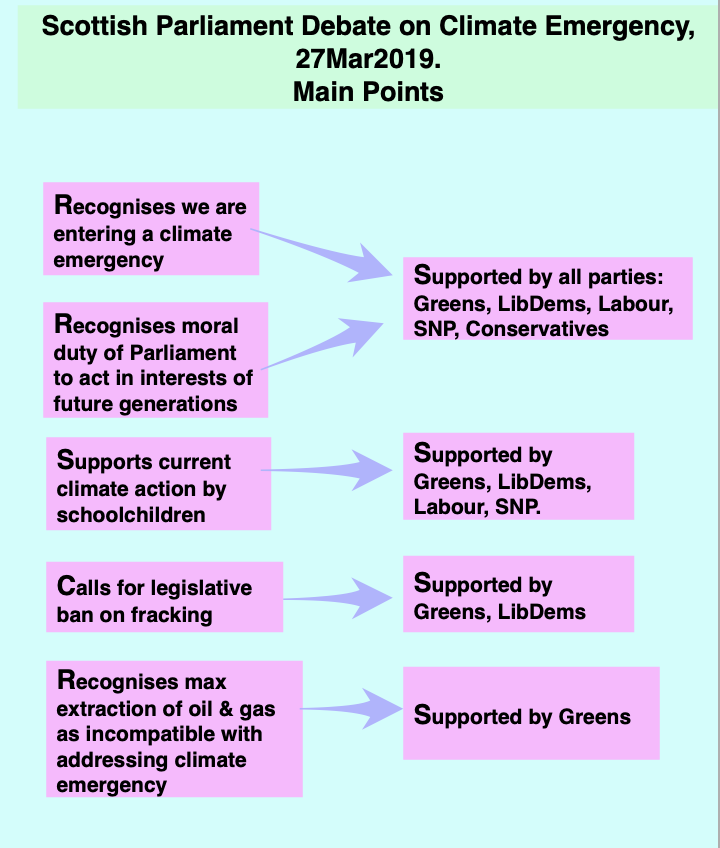
Other parties lodged amendments to the main motion. And in the end neither the amendments nor the original motion were agreed. All of them were voted down! (The LIbDem amendment wasn’t called for debate by the Presiding Officer)
I was a bit disappointed when I found this out. But it does all come down to the original Motion having contained specific proposals. It gets down to the nitty gritty of changing words into actions. But the Greens are not in power. And if SNP, who are in power, had voted for the main motion as it stood, it would have committed them to carrying those specifics into action.
The SNP amendment therefore omitted the specific of introducing a legislative ban on fracking. And also omitted the statement about maximum recovery of oil & gas being incompatible with addressing the climate emergency. Omitting those doesn’t imply opposition to them, it just means that politics is the art of the possible and those specifics are not on the agenda at the moment.
The SNP motion lost by 1 vote: For: 58 (all SNP), Against: 59 (Greens, Labour, Cons, Libdems), Abstentions: 0
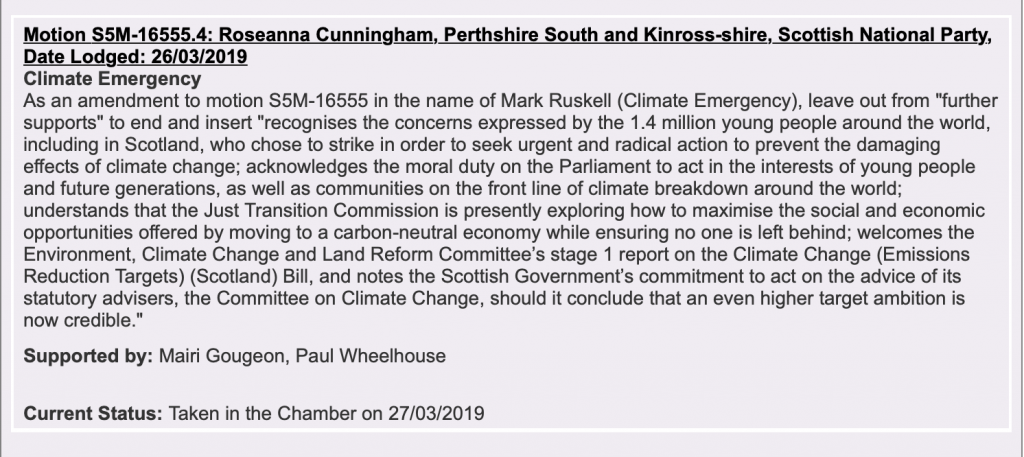
It lost because the Greens voted against it. Even though it had a commitment in it to act on the advice of its statutory advisers the Committee on Climate Change. They had to vote against it because if the SNP amendment had gone through then their Motion would have been amended in a way they didn’t want.
Then the remaining amendments were also voted down
The Tory amendment failed : For: 28 (all Con), Against: 90 (Greens, Labour, LibDems, SNP), Abstentions: 0

The Labour amendment failed: For: 22 (all Lab), Against: 96 (Greens, Libdems, SNP, Cons), Abstentions: 0
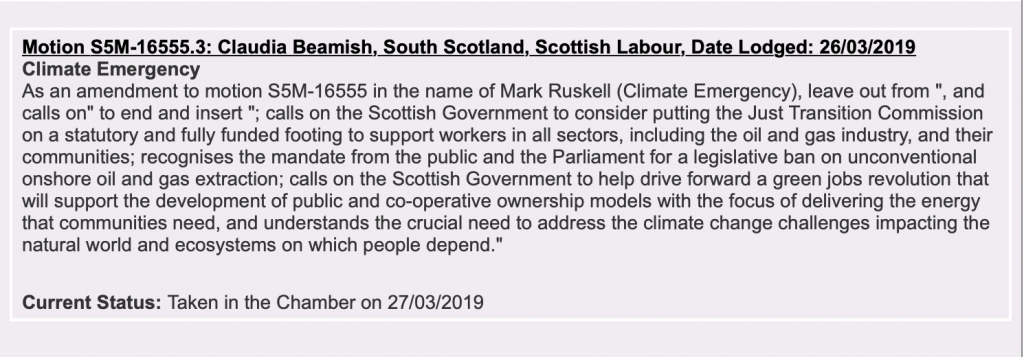
Then with all amendments having been disposed, the Chamber voted on the main motion:
For : 6 (all Greens), Against: 111 (Labour, Libdems, SNP, Cons), Abstentions: 0
You could be forgiven for thinking that it was all a waste of time. Everyone voted for their own Amendment or Motion, and against everyone else’s. But in a rather complex way it showed what our the different parties agree on. And it’s a lot.
- Greens were making good points about the need to pull back from fossil fuel extraction and from fracking. They knew that would make it difficult for SNP to vote for the motion. And the Greens then couldn’t vote for the SNP amendment which omitted those points.
- SNP agree about stopping fracking and have had a successful & pragmatic way of doing that, via denying planning permission, in place for a number of years. It’s not a legislative ban so they avoid being taken to court by fracking companies who have licences to frack in Scotland but can’t get the planning permission to use them. They couldn’t vote for the Motion as it was laid down without committing themselves to an outright ban. That’s a big commitment and very tricky to carry out successfully when energy policy isn’t devolved to Holyrood.
- SNP have done a lot to develop policy to bring about a transition to a renewable economy and have set up a Just Transition Commission. The Greens and LibDems agree with this. So do Labour and they would put the Just Transition Commission on a statutary footing.
- SNP are also committed to any further emissions reductions recommendations made by the Climate Change & Land Reform Committee. Greens agree with that. So do Labour & LibDems.
- Conservatives took out all specifics and replaced them with a bland statement welcoming what the UK and Scottish governments are doing to mitigate and adapt to climate change. No surprise there!
A month later, Nicola Sturgeon declared a climate emergency. Since then the Scottish goverenments’s target of zero emissions has been reduced from 2050 to 2045. Labour and LibDems are broadly in support of that. The Greens are pushing for more and more quickly. And our Scottish Conservatives do support climate change action – just in a sort of wishy washy sort of way.
References:
